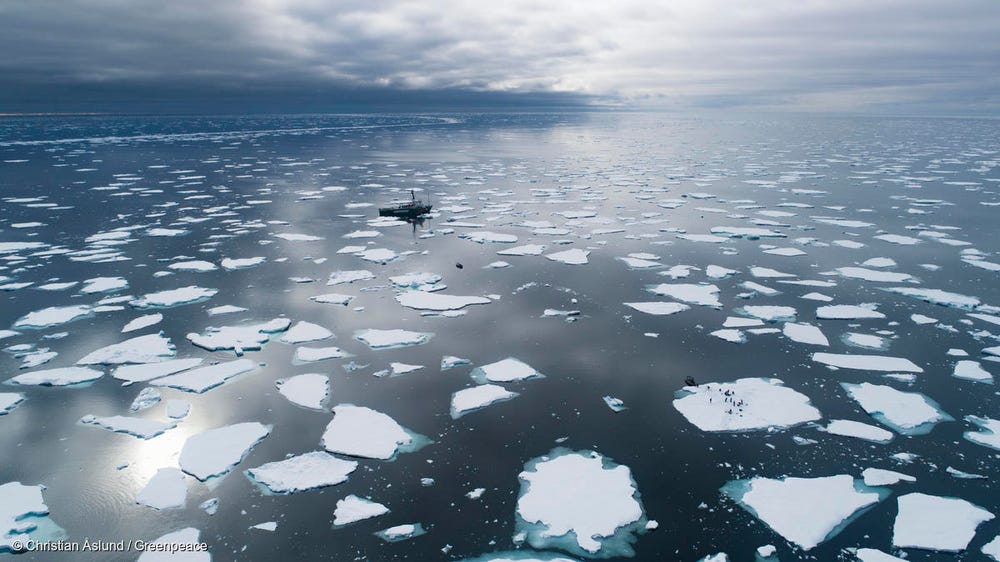
Humanity must rescue oceans to rescue itself, UN warns

Two days after a climate summit failed to deliver game-changing pledges to slash carbon emissions, the United Nations warned on Wednesday (September 25) that global warming is devastating oceans and Earth’s frozen spaces in ways that directly threaten a large slice of humanity.
Crumbling ice sheets, marine heatwaves, melting glaciers, ocean dead zones, thawing permafrost – a raft of impacts on sea and ice are decimating fish stocks, lifting seas, depleting freshwater stores, and incubating superstorms that will ravage some cities annually by mid-century.
Some of these impacts are irreversible on a timescale of centuries, according to a landmark assessment approved by the 195-nation Intergovernmental Panel on Climate Change (IPCC).
Synthesizing 7,000 peer-reviewed studies, the report is yet another smelling-salts reminder that record greenhouse gas emissions, mostly from burning fossil fuels, are driving the planet towards a hothouse climate our species could find intolerable.
ALSO READ: “Andaman-Nicobar Islands may become uninhabitable due to rise in sea level”
But it also raises a red flag on the need to confront changes that can no longer be averted.
For some island nations and coastal cities, that will almost certainly mean finding new places to call home.
“Even if we manage to limit global warming, we will continue to see major changes in the oceans,” said Valerie Masson-Delmotte, a researcher at the Laboratory for Climate and Environmental Sciences and an IPCC co-chair.
“But it will at least buy us some time, both for future impacts, and to adapt.”
The underlying 900-page scientific report is the fourth such UN tome in less than a year, with others focused on a 1.5-Celsius cap on global warming, the decline of biodiversity, as well as land use and the global food system.
All four conclude that humanity must overhaul how it produces, distributes and consumes almost everything to avoid the worst ravages of global warming and environmental degradation.
By absorbing a quarter of manmade CO2 and soaking up more than 90 percent of the heat generated by greenhouse gases, oceans have kept the planet livable — but at a terrible cost, the report finds.
ALSO READ: Greta Thunberg raps World leaders over climate change
“The oceans and cryosphere” – Earths frozen zones – “have been taking the heat from climate change for decades,” said IPCC co-chair Ko Barrett, an official at the US National Oceanic and Atmospheric Administration (NOAA).
“But it can’t keep up.”
Seas have grown acidic, potentially undermining their capacity to draw down CO2; warmer surface water has expanded the force and range of deadly tropical storms; marine heatwaves are wiping out shallow-water coral reefs, which are unlikely to survive the century.
Most threatening of all, accelerating melt-off from glaciers and especially Earths ice sheets atop Greenland and Antarctica are driving sea-level rise.
As if on cue, part of a massive glacier on the Italian side of the Mont Blanc mountain range was deemed close to collapse on Wednesday, a victim of rapid melting in the late summer heat.


